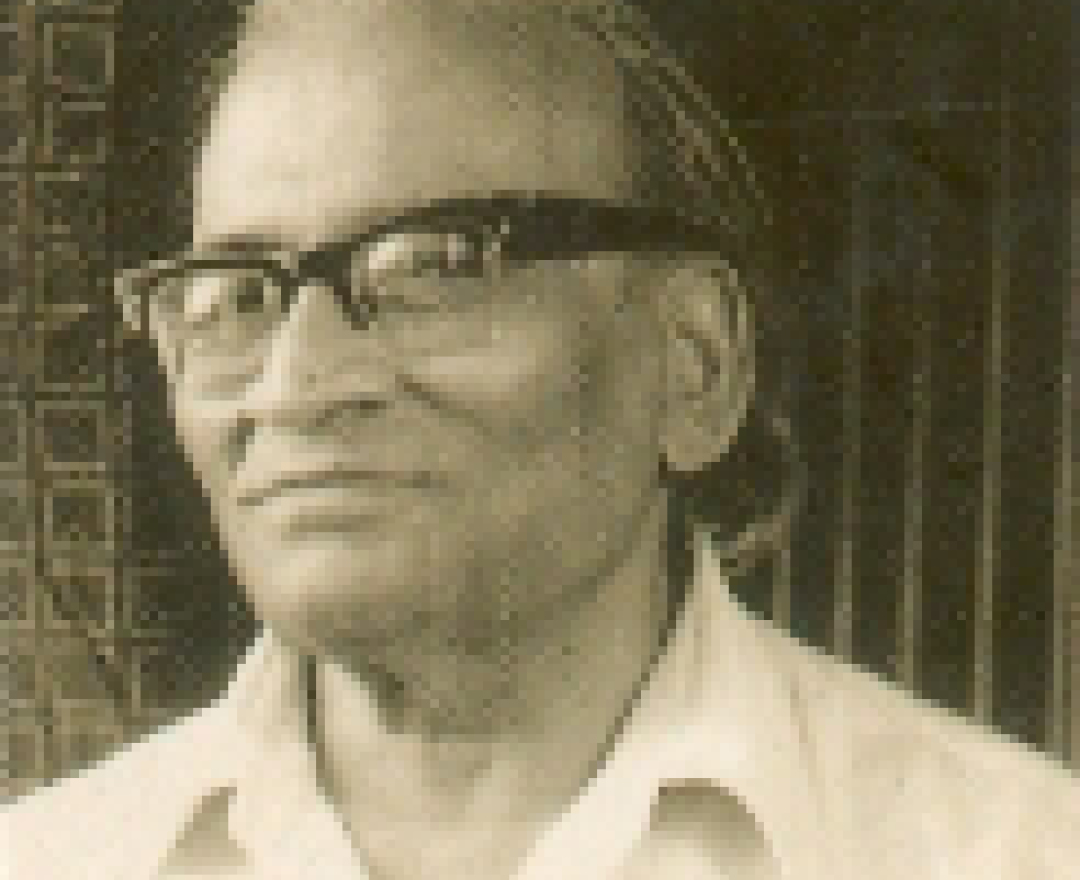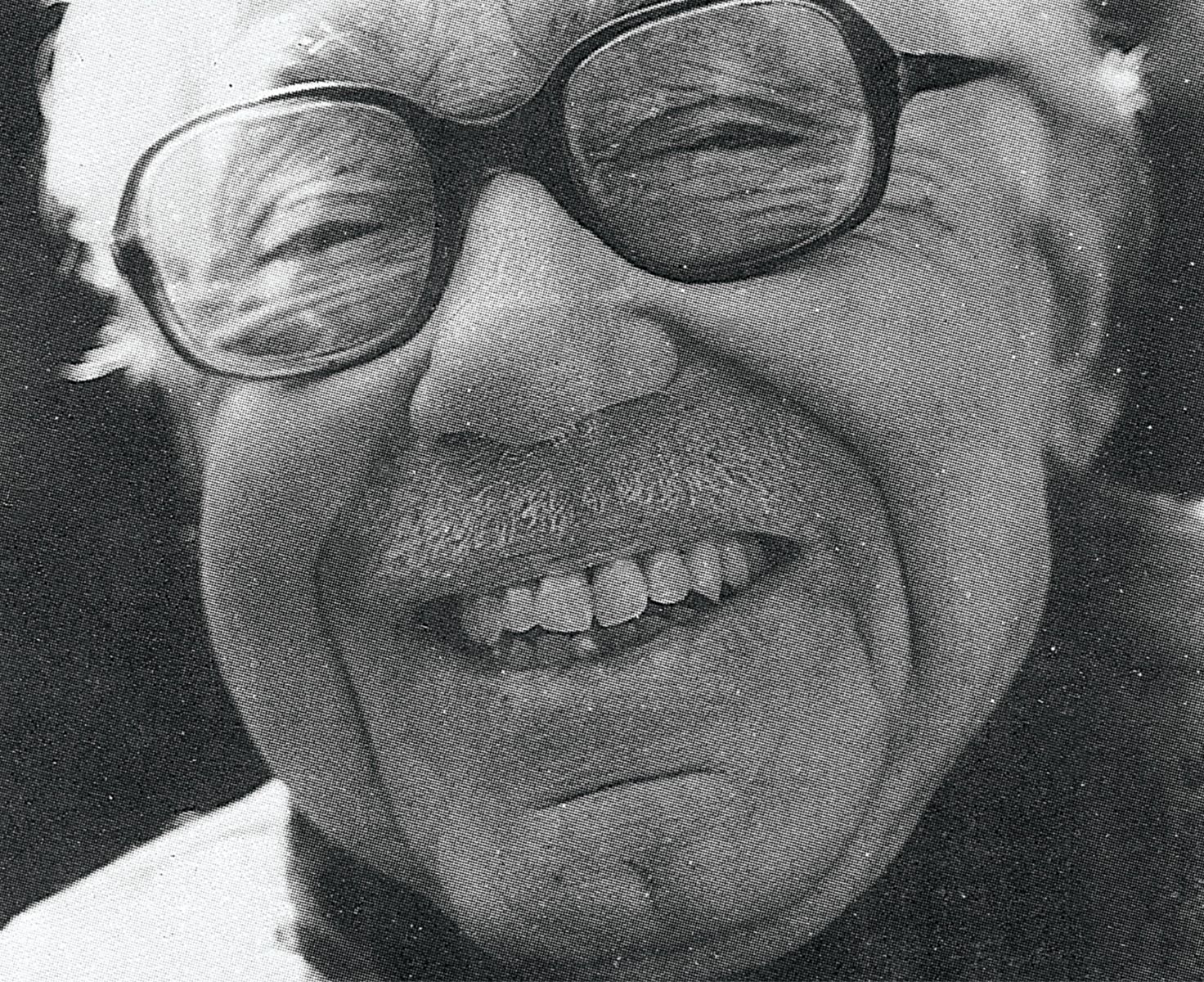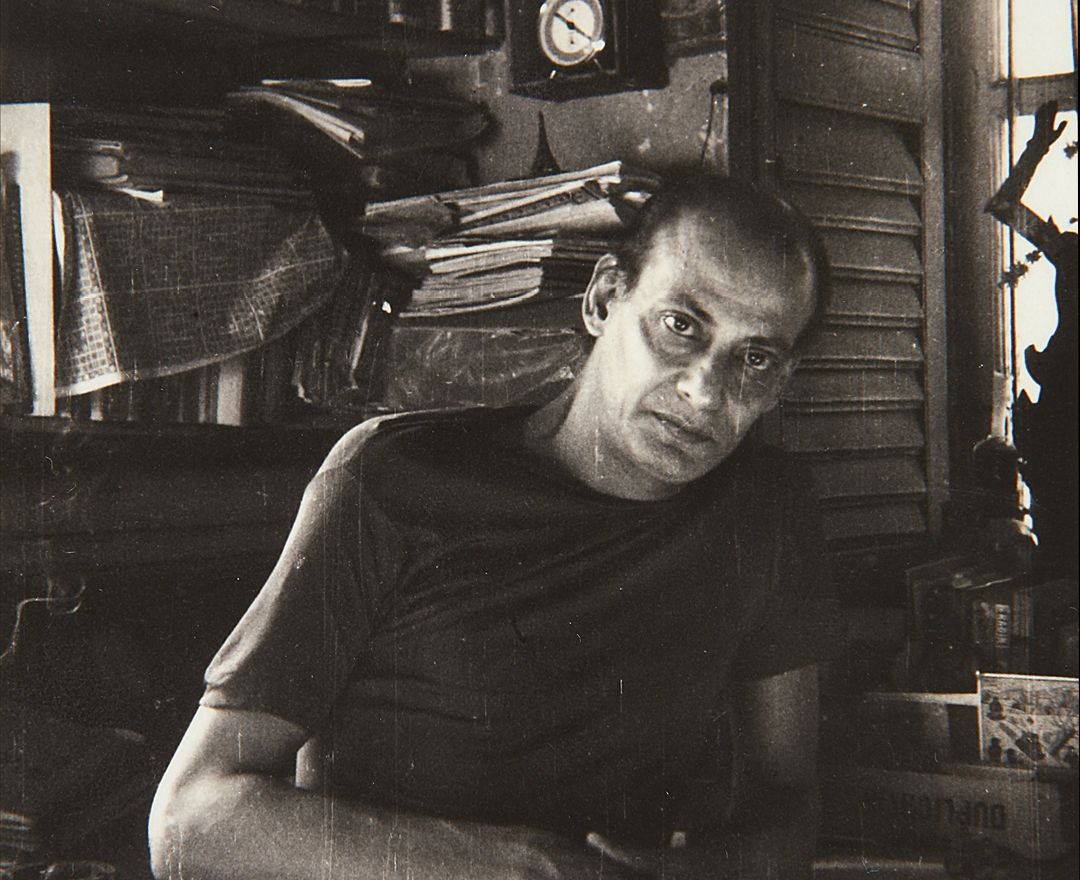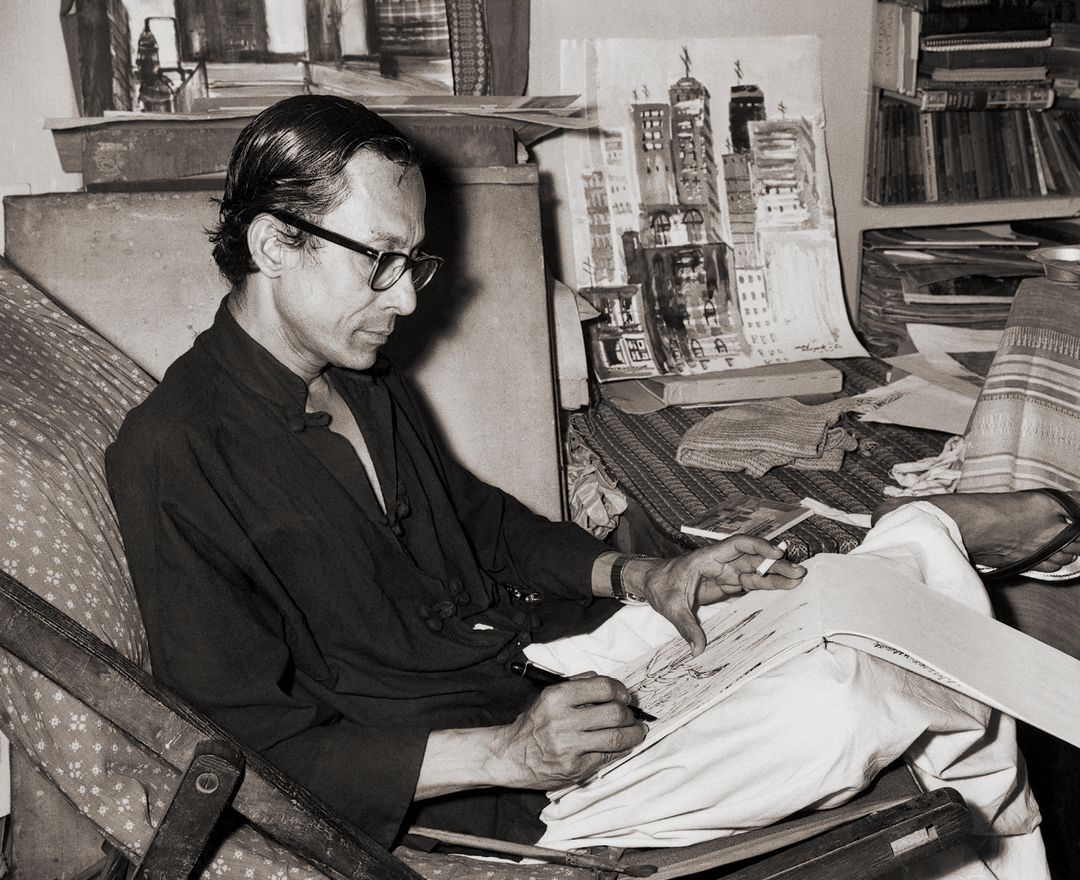M. S. Joshi
M. S. Joshi
M. S. Joshi
|
1912 - 2001 M. S. Joshi |

‘Painting is an essentially concrete art and can only exist in the representation of real and existing things’
GUSTAVE COURBET
artworks








